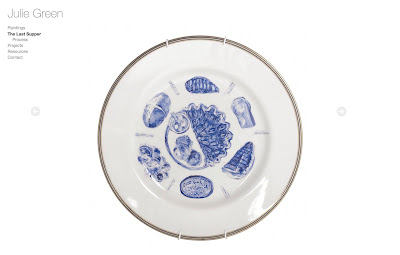Yesterday, a friend took me on a long beach walk to visit a spot known as the Kindred Spirit. It sounds as though it might be a bar, but it’s not! Instead it is a mailbox on an ancient weathered post tucked into some dunes with two benches nearby. Inside the mailbox are several notebooks and a handful of pens. People who visit write whatever messages they want/need and leave them. I wrote in one of the books, a note about gratitude for my visit and the blessing of sea and sky and brisk breezes.
Visiting there reminded me of a story I listened to on “This American Life” about a phone booth in Japan. After the 2011 tsunami, people came there to call their loved ones who were swept away, never heard from again, never found. The phone is not connected to anything … except hope, memory, grief, love. Those who come dial remembered phone numbers and speak into the wind. The Kindred Spirit wasn’t quite like that, but the messages people left, including mine, were offered up to whomever, to the universe, to God.



